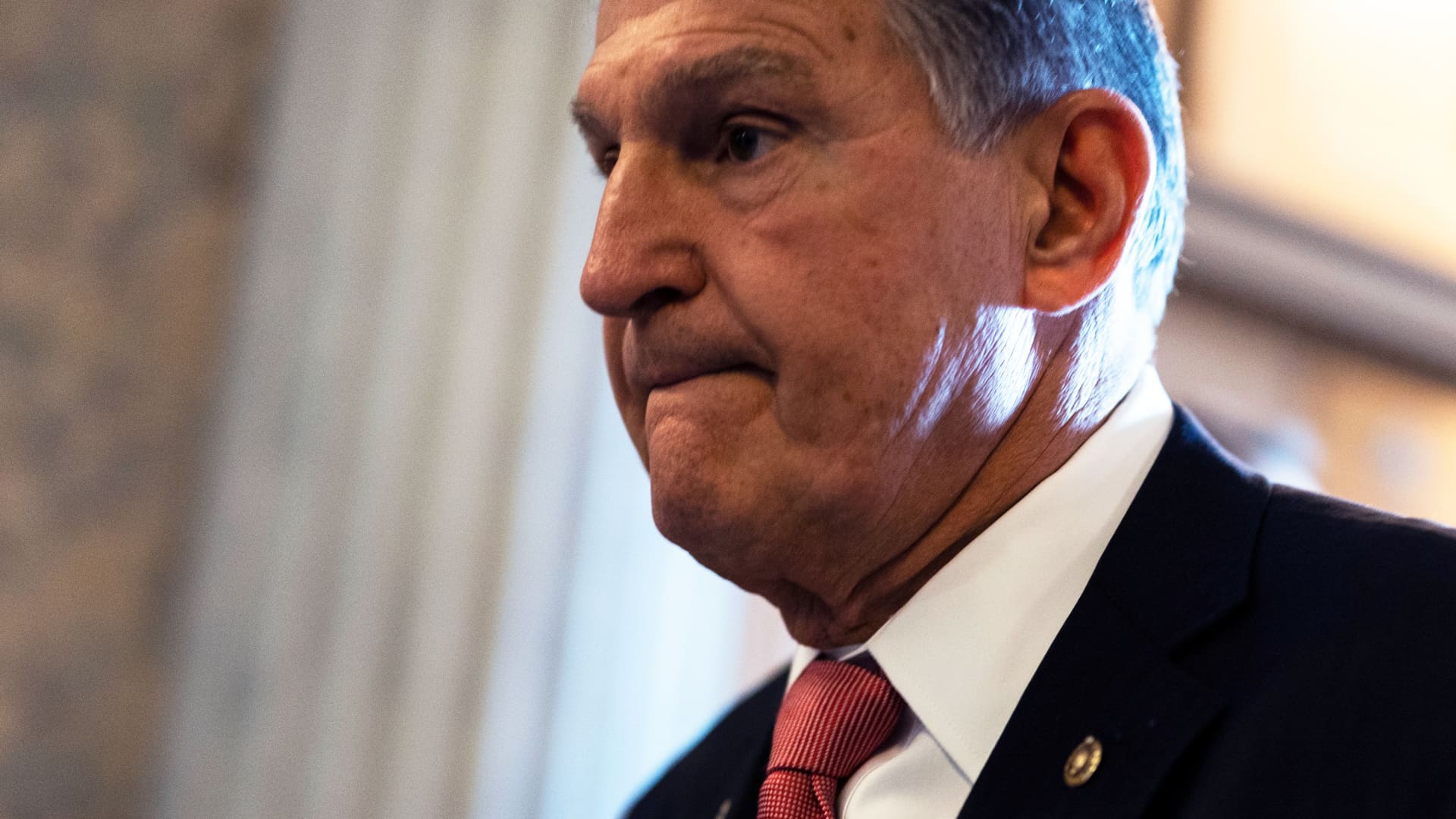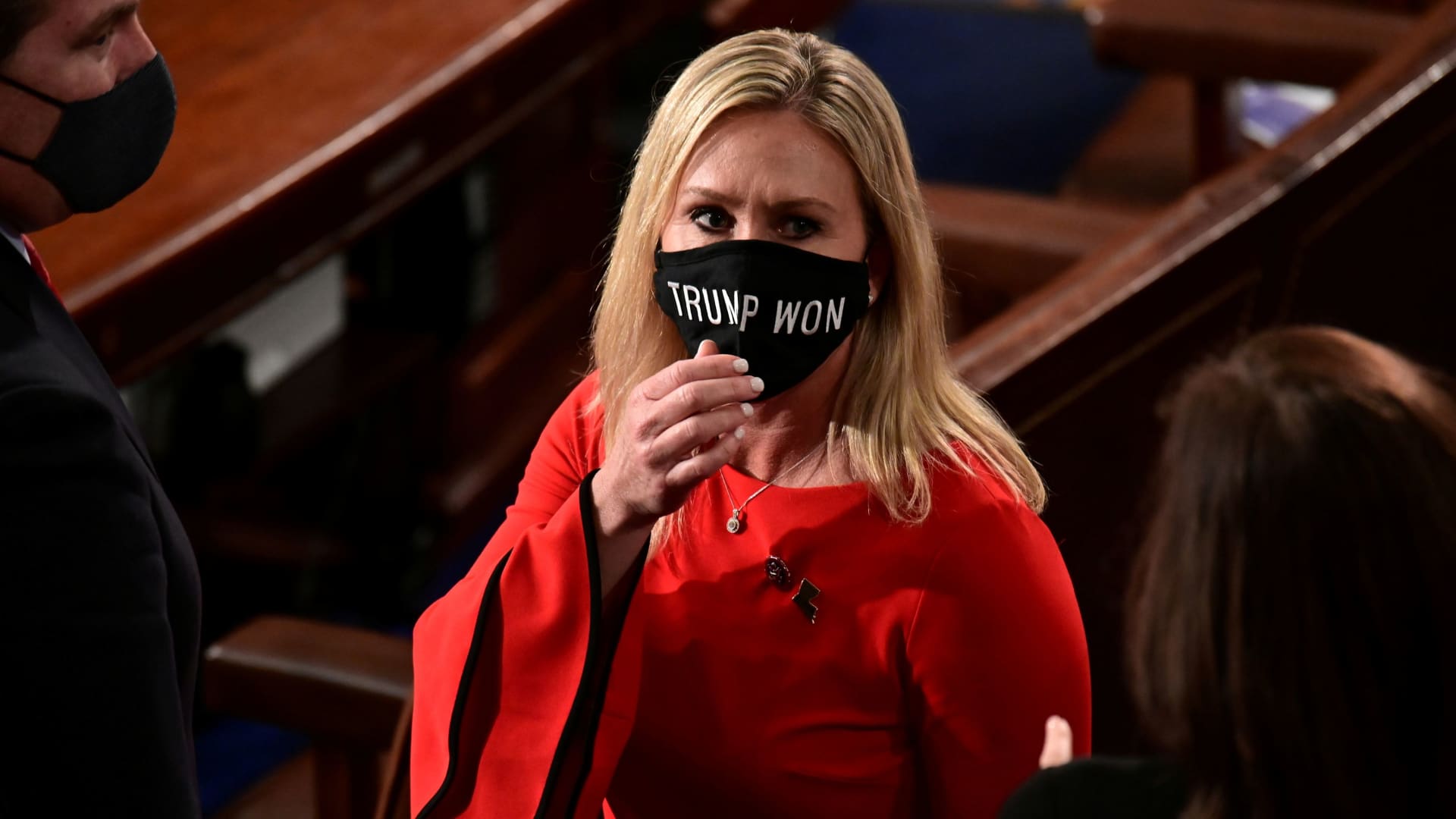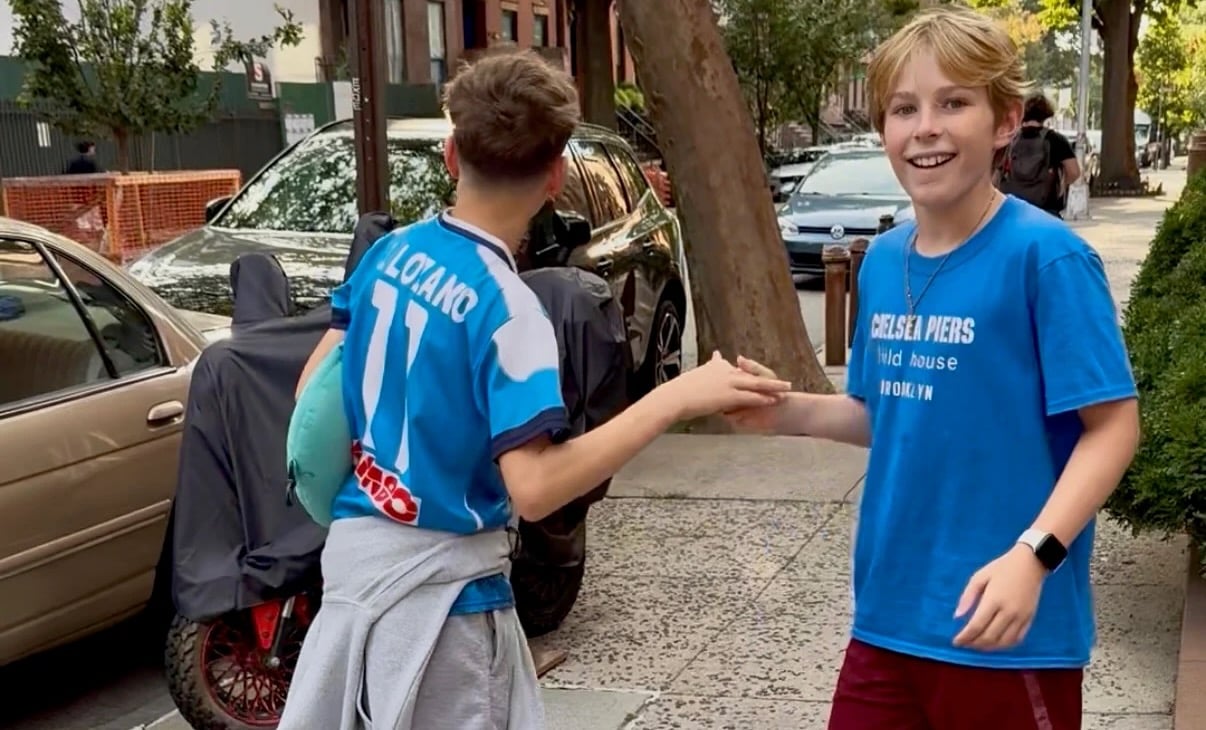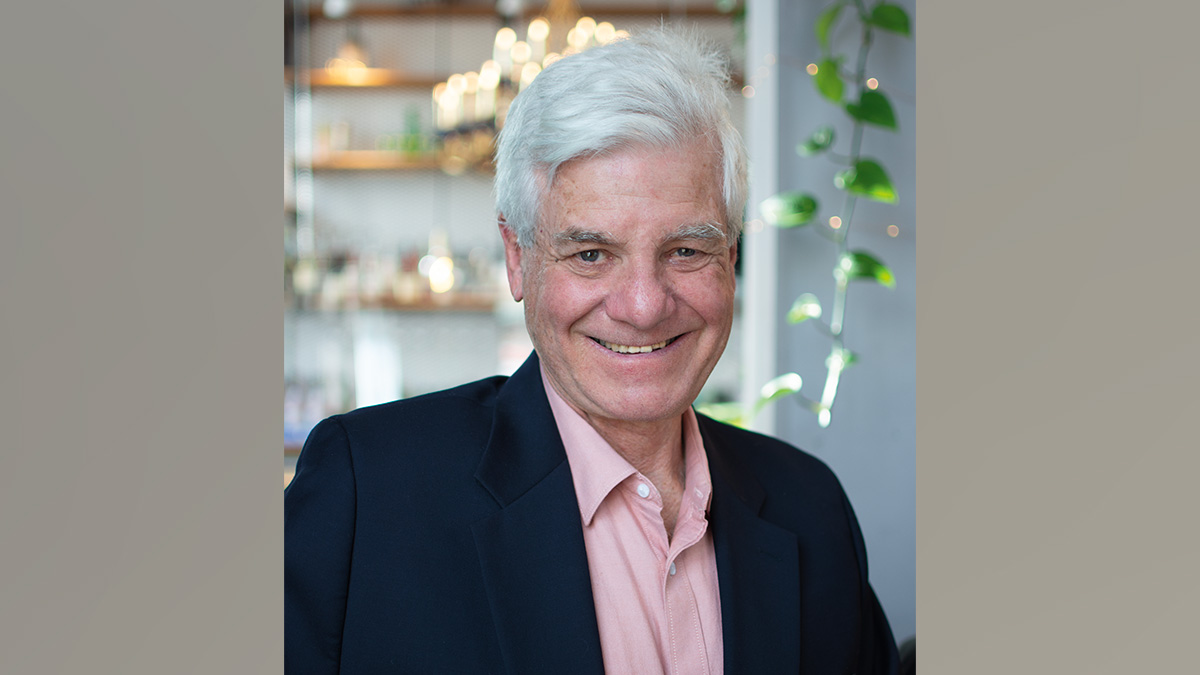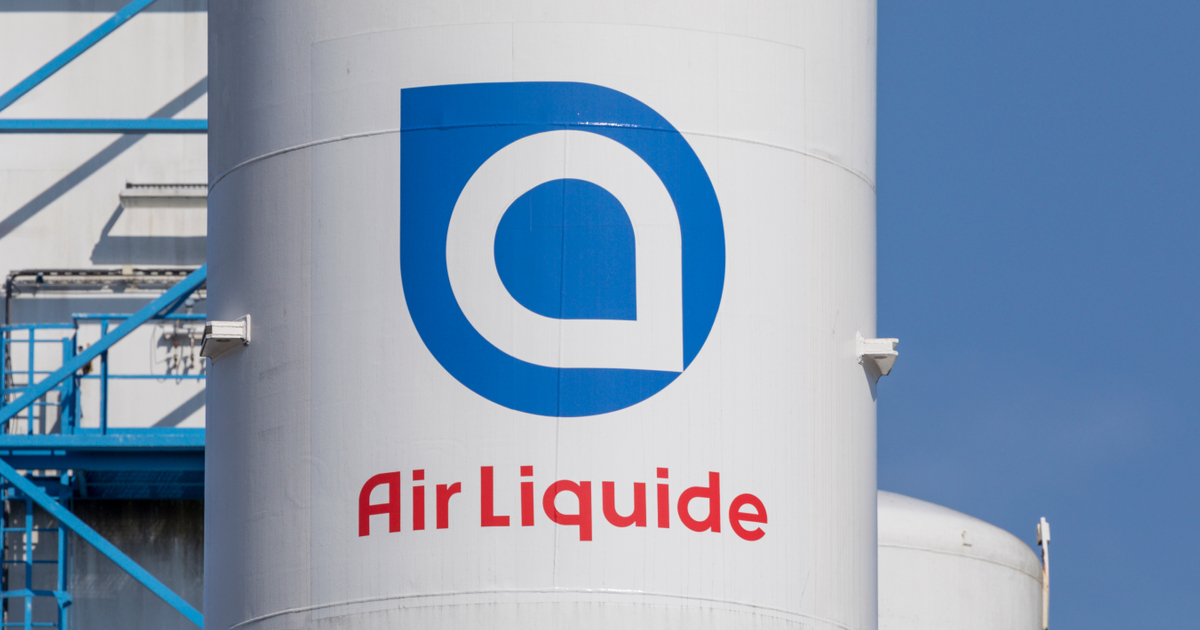Dr. Scott Gottlieb expects coronavirus to be an 'endemic' virus in U.S. after delta surge
Dr. Scott Gottlieb told CNBC on Friday that the coronavirus in the U.S. will become an endemic virus after the recent surge in delta cases calms down.
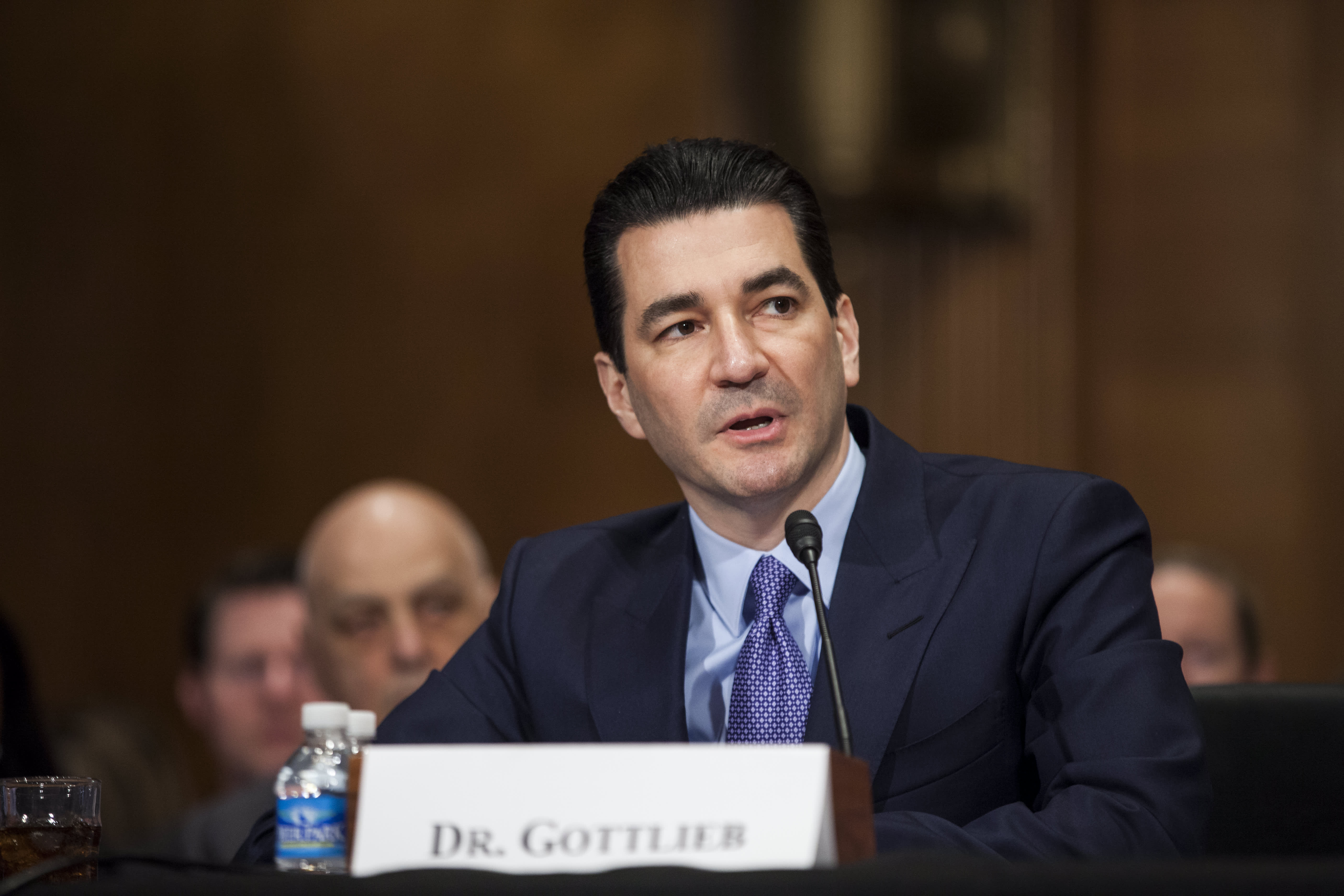
Dr. Scott Gottlieb told CNBC on Friday he expects the coronavirus to become an endemic virus in the U.S. and other Western countries after the recent surge in delta variant infections calms down.
"We're transitioning from this being a pandemic to being more of an endemic virus, at least here in the United States and probably other Western markets," Gottlieb said on "Squawk Box." An endemic virus is one that remains in the American population at a relatively low frequency, like the seasonal flu, for example.
Gottlieb — commissioner of the Food and Drug Administration from 2017 to 2019 during the Trump administration, and now a board member at several companies including vaccine maker Pfizer — has previously said "true herd immunity" for Covid may actually be impossible with new infections occurring in the years ahead.
"It's not a binary point in time, but I think after we get through this delta wave, this is going to become more of an endemic illness where you just see sort of a persistent infection through the winter ... but not at the levels that we're experiencing certainly right now, and it's not necessarily dependent upon the booster shots," Gottlieb added Friday.
Gottlieb said he expects the spread of the highly transmissible delta variant to remain noteworthy in the weeks ahead.
"You're going to see the delta wave course through probably between late September through October," Gottlieb said. "Hopefully we'll be on the other side of it or coming on the other side of it sometime in November, and we won't see a big surge of infection after this on the other side of this delta wave."
The tri-state region of New York, New Jersey and Connecticut will begin to see an uptick in delta cases as rates slow down in the South, Gottlieb said.
"This is a big country and the delta wave is going to sweep across the country in a regionalized fashion," he said. "By September, hopefully you'll see the other side of that curve in the South very clearly, but cases will be picking up in the Northeast, the Great Lakes region, maybe the Pacific Northwest. … It's probably going to coincide with a restart in school, some businesses returning if you look at last summer as well."
Gottlieb's comments Friday morning came before a key Centers for Disease Control and Prevention's vaccine advisory committee unanimously voted to recommend Covid vaccine booster shots for people with weakened immune systems. If the CDC follows that recommendation, the shots can officially be administered to those vulnerable individuals such as organ transplant recipients, as well as cancer and HIV patients.
A day earlier, the FDA approved booster shots for people who have weakened immune systems. They represent about 2.7% of the U.S. adult population but make up about 44% of hospitalized Covid breakthrough cases in fully vaccinated individuals, according to recent data from the CDC.
Gottlieb said being able to deliver booster shots to those Americans, helping fortify their immunity protection, will drive the U.S. further into the "endemic phase."
"I think that this is a policy call as much as a public health call that U.S. officials want to continue trying to promote first vaccinations before they pivot to giving people booster shots," Gottlieb said about the FDA's Thursday announcement.
Among those people Gottlieb believes should receive Covid booster shots soon are nursing home residents, who tend to be older and have underlying conditions that make them more vulnerable to Covid. That's particularly worrisome as the delta variant moves into Northern states, and their initial round of vaccinations moves further in the rearview mirror, he said.
"I would be worried about nursing homes right now, the infection getting into those settings against the backdrop where you have a patient population that probably has declining immunity and is more vulnerable than they were certainly five months ago."
Disclosure: Scott Gottlieb is a CNBC contributor and is a member of the boards of Pfizer, genetic testing start-up Tempus, health-care tech company Aetion and biotech company Illumina. He also serves as co-chair of Norwegian Cruise Line Holdings' and Royal Caribbean's "Healthy Sail Panel."

 Troov
Troov 










